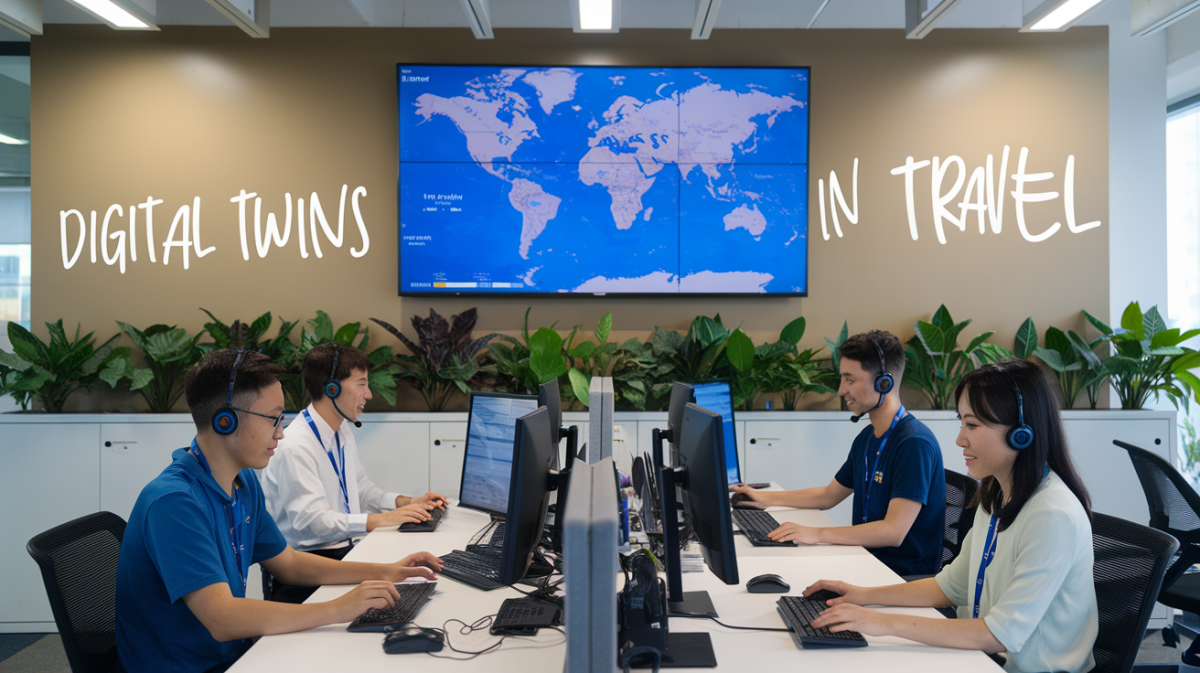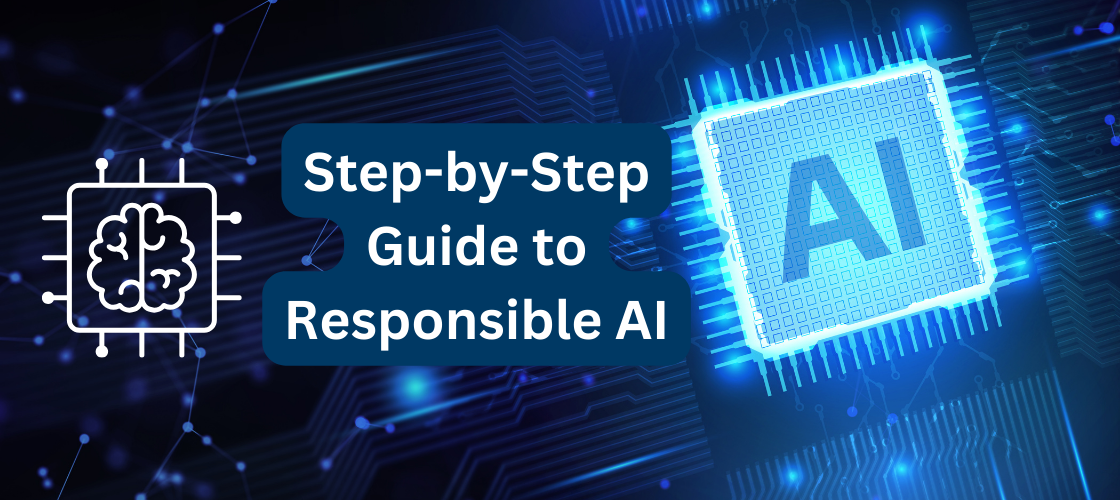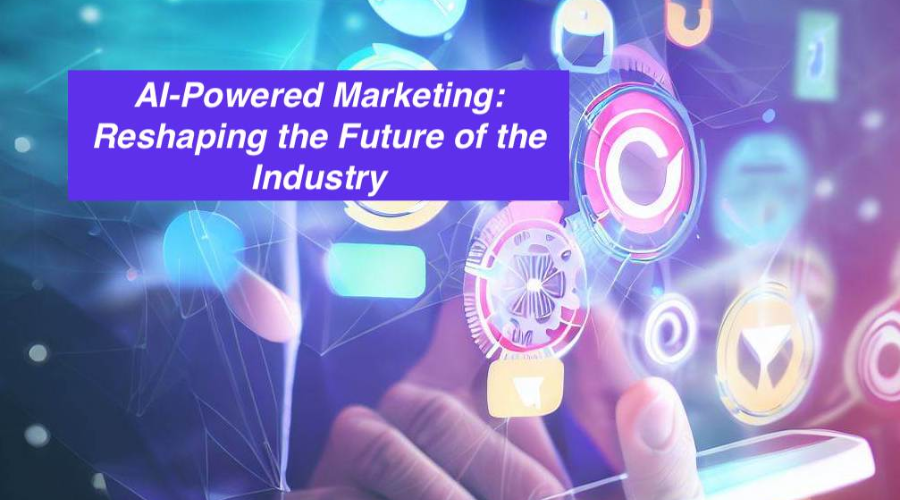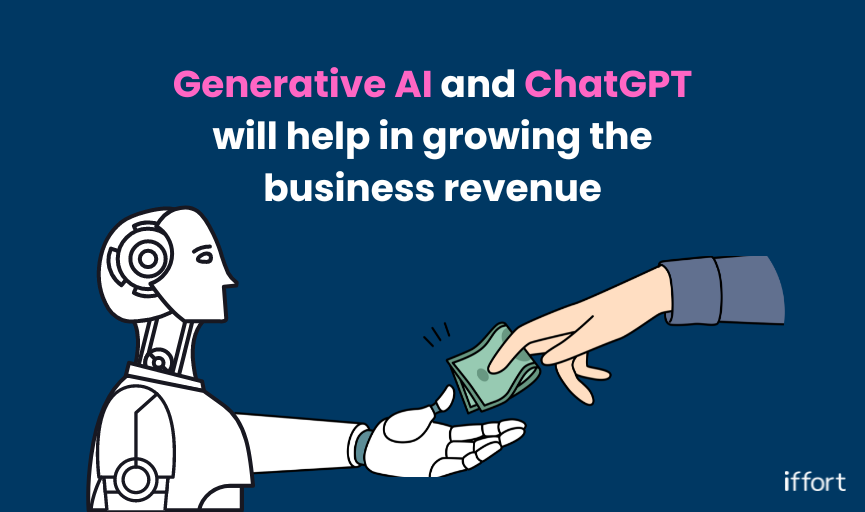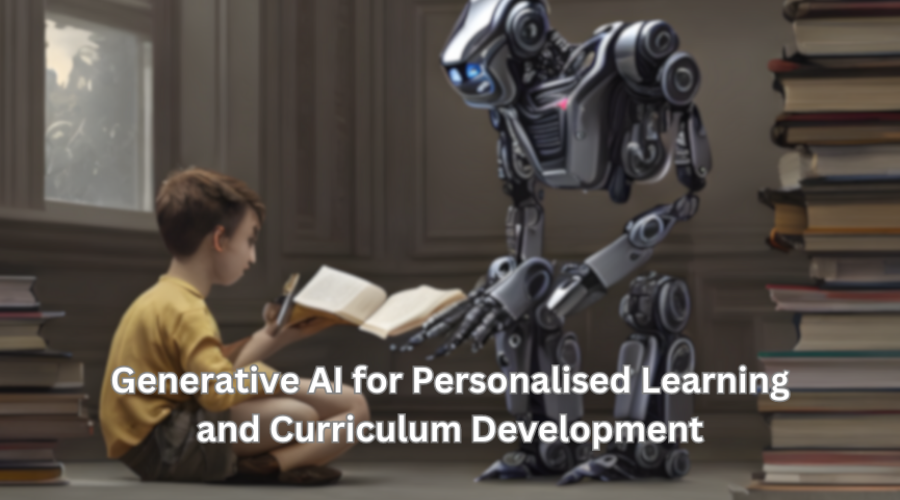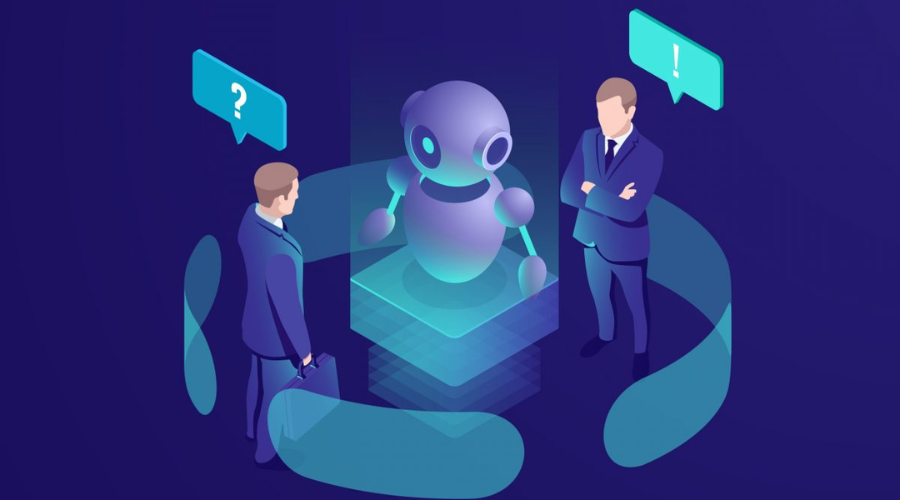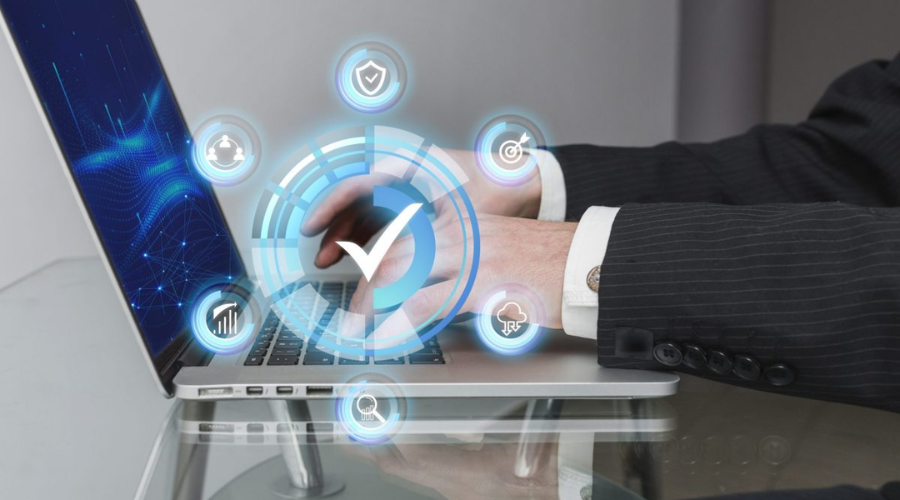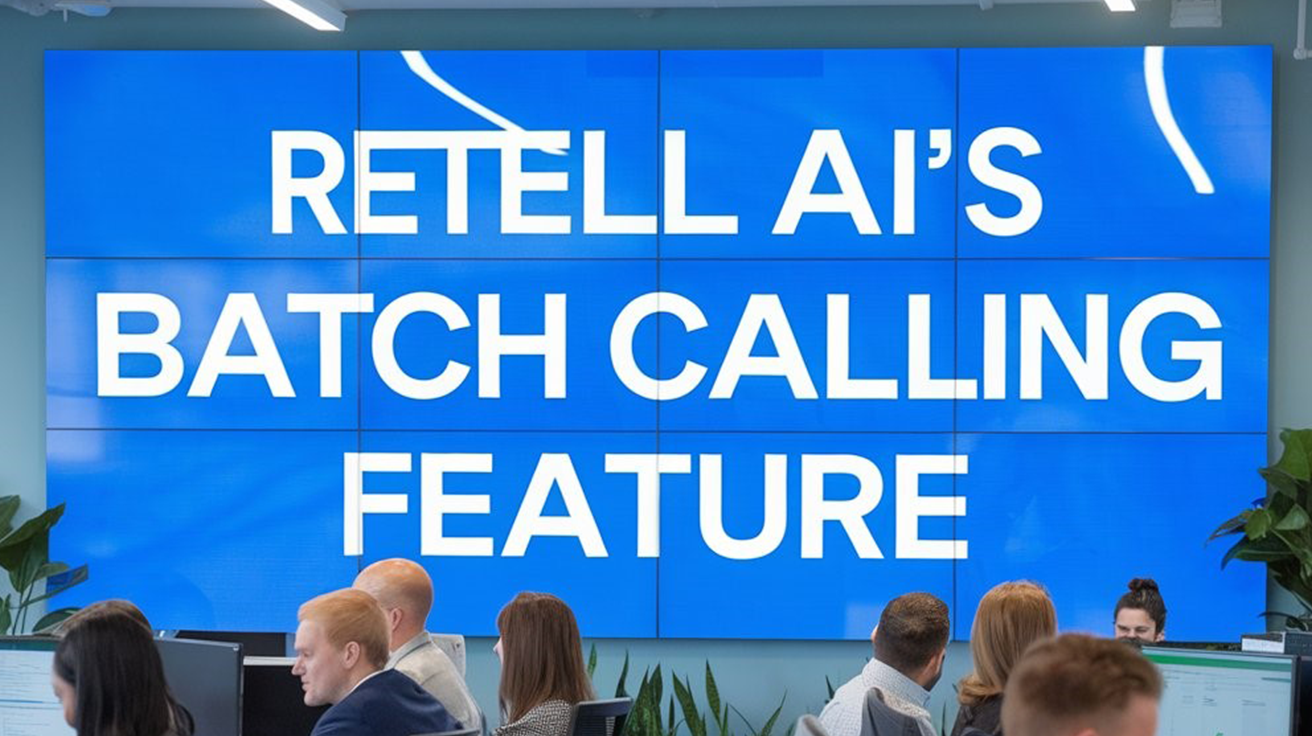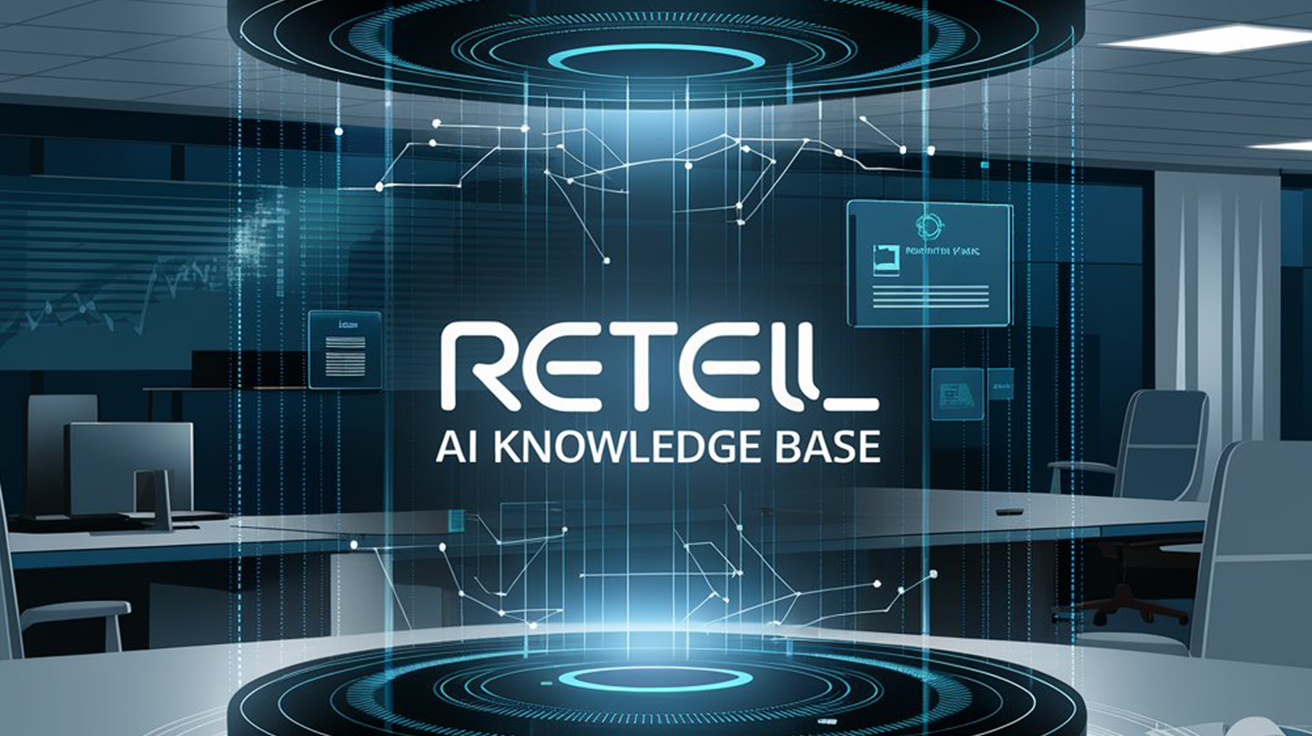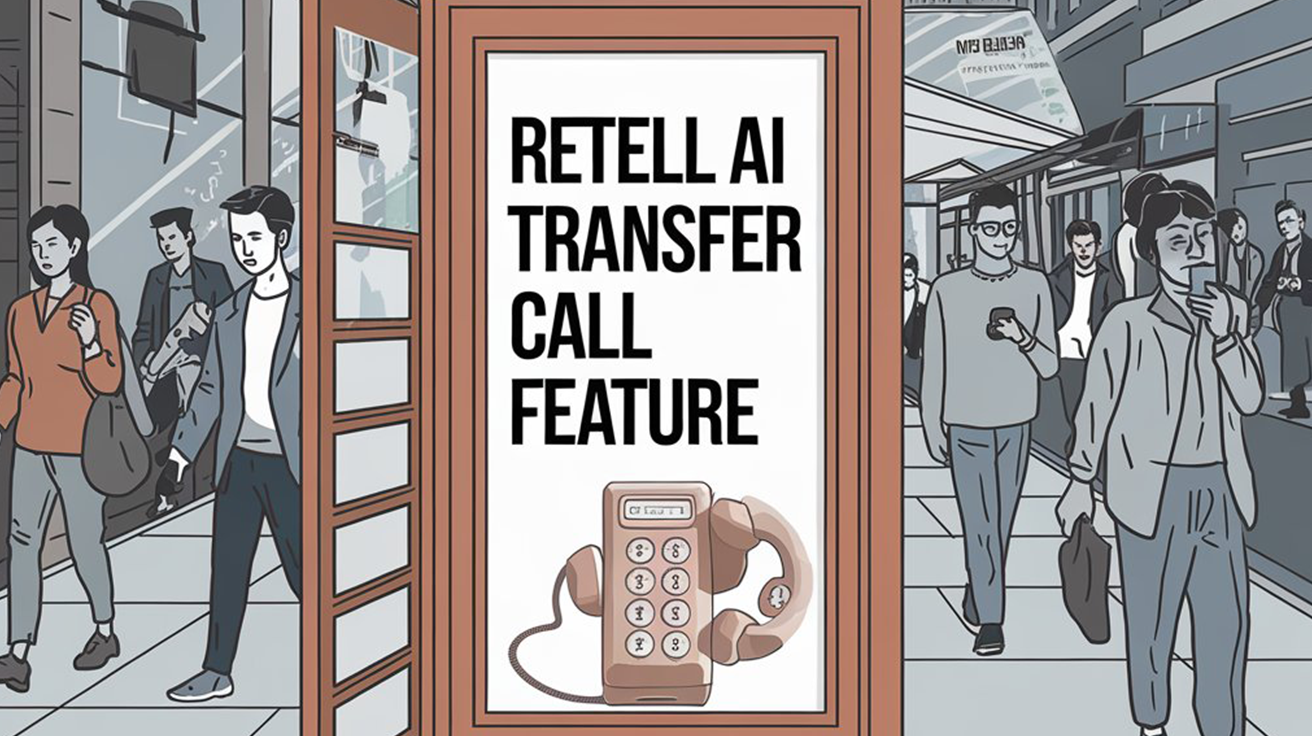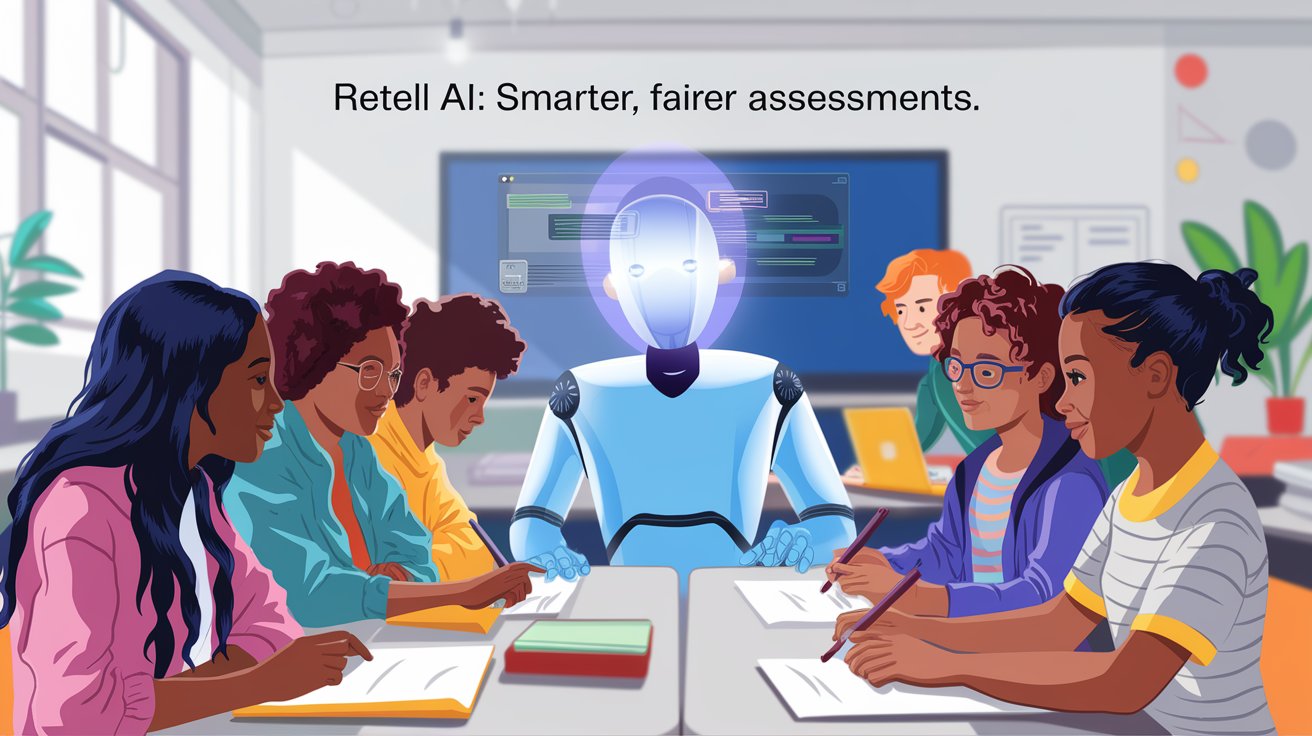- Blog
- Exploring Digital Twins in Travel: How Virtual Worlds are Transforming Customer Service and Operations
- AI Articles ,
- November 29, 2024
In today’s changing environment, worldwide industries are incorporating advanced technologies to boost their efficiencies and significantly enhance customer satisfaction levels. In the travel industry, digital twin technology has emerged as a game changer. This innovation, combined with Artificial Intelligence (AI), is reshaping customer interactions and streamlining operations, redefining how issues are addressed and services are provided in a forward-thinking manner.
In today’s travel industry landscape, utilizing cutting-edge technologies such as Digital Twin as a Service provides a strategic edge for companies aiming to enhance the digital twin customer experience and improve operational efficiency.
What are Digital Twins?
In the realm of the travel sector and beyond lies the concept of digital twins. Replicas that mimic physical entities, like objects or systems, enable real-time analysis and enhancement of operations based on conditions and data.
Combining artificial intelligence with digital twin technology has made them more dynamic, moving from fixed representations to evolving models that continually incorporate information from sensors and user engagements. This advancement empowers travel businesses to make informed decisions based on data insights, automate tasks effectively, and enrich customer interactions.
Transforming Customer Service in the Travel Industry
Digital twins have a profound influence on the travel industry, transforming customer service in innovative ways.
1. Personalised Travel Experiences
Through an examination of a traveler’s actions and choices, along with their feedback data points, a virtual mirror image known as Digital Twins – represents the customer in real-time dynamics accurately. This innovative approach enables travel companies to proactively cater to customer needs and desires, enhancing the digital twin customer experience without requiring direct input.
For example, airlines can offer bespoke travel plans, hotels can adjust room setups based on preferences, and tour companies can provide tailored activity suggestions aligned with individual interests.
2. Real-time Customer Support
When a traveler frequently books particular activities, such as adventure sports or cultural tours, their digital twin might recommend new destinations or exclusive deals tailored just for them. This approach not only boosts customer happiness but also strengthens the bond between the traveler and the brand they’re engaging with.
3. AI Chatbots & Virtual Assistants
Using AI-driven Digital Twins allows customer support teams to quickly access in-depth profiles and previous interactions, providing more efficient solutions to customers. For instance, by examining a traveler’s digital twin, customer service agents can quickly address concerns or suggest problem-solving actions, reducing wait times and improving service efficiency.
Optimising Operations through Digital Twins
Imagine a scenario where an airline’s customer service system promptly recognizes a flight delay and identifies the passenger to provide tailored compensation or alternative travel arrangements in real time. Digital twin benefits include enabling such service delivery, fostering customer loyalty, and improving operational response.
1. Predictive Maintenance
Numerous travel firms are incorporating AI chatbots to improve their customer support services nowadays. With the help of Digital Twin technology, these chatbots can further enhance their efficiency by considering the customer’s travel history, past bookings, and preferences. For example, AI-driven chatbots can aid travelers by offering updates on flight information, gate modifications, luggage management, and even real-time weather forecasts.
In addition to serving customers, digital twins bring benefits of digital twins for improving operational efficiency in the travel sector. Companies can gain insights into their activities by constructing copies of real-world assets, improving decision-making processes and overall productivity.
Airports and airlines can use Digital Twin as a Service to monitor asset health and anticipate maintenance needs. Sensors integrated into equipment and vehicles provide data to AI systems that predict issues before they happen. This proactive approach enables companies to perform maintenance checks to prevent issues, reducing downtime and costs.
For instance, a fleet of airplanes could have digital replicas that oversee engine functionality, detecting problems that might lead to disruptions. AI-powered predictive analytics then notify maintenance crews of potential issues, allowing for timely interventions.
2. Optimising Airport and Hotel Operations
Digital replicas can streamline airport operations by creating a model that includes flight schedules, luggage management, and passenger flows. This allows airport administrators to identify inefficiencies and congestion points. Similarly, in the hospitality sector, hotels can use Digital Twin technology to monitor room availability, track guest preferences, and optimize room service and staffing.
For example, airport administrators might use simulations to forecast travel times and improve staffing and resource allocation. Likewise, hotels can adjust housekeeping schedules and personalize room amenities according to guest preferences, improving operational efficiency and guest satisfaction.
3. Enhanced Travel Planning and Forecasting
Travel companies can leverage AI-powered Digital Twins to create replicas of ecosystems, such as transportation systems and tourist sites. These simulations assist in enhancing travel planning by predicting demand and efficiently allocating resources. Whether it involves arranging shuttle schedules or identifying peak times at attractions, Digital Twin benefits include reducing waste and maximizing capacity.
The Future of Digital Twins in Travel: AI and Beyond
The use of digital twins in the travel sector is only beginning to reveal its potential. As AI continues to advance, digital twins are set to become adaptable virtual models, incorporating real-time data to enhance current operations and forecast future trends. Here at Iffort.ai, we are committed to using digital twin customer experience and technology to revolutionize the travel industry. We aim to develop tailored, data-driven solutions that keep travel companies competitive and responsive to today’s consumers.
The outlook for Digital Twin technology in the travel sector appears promising, offering the potential to improve both customer service and operational efficiency significantly. Embracing this technology enables companies to create a better experience for travelers worldwide.
Want to collaborate and explore business opportunities?

